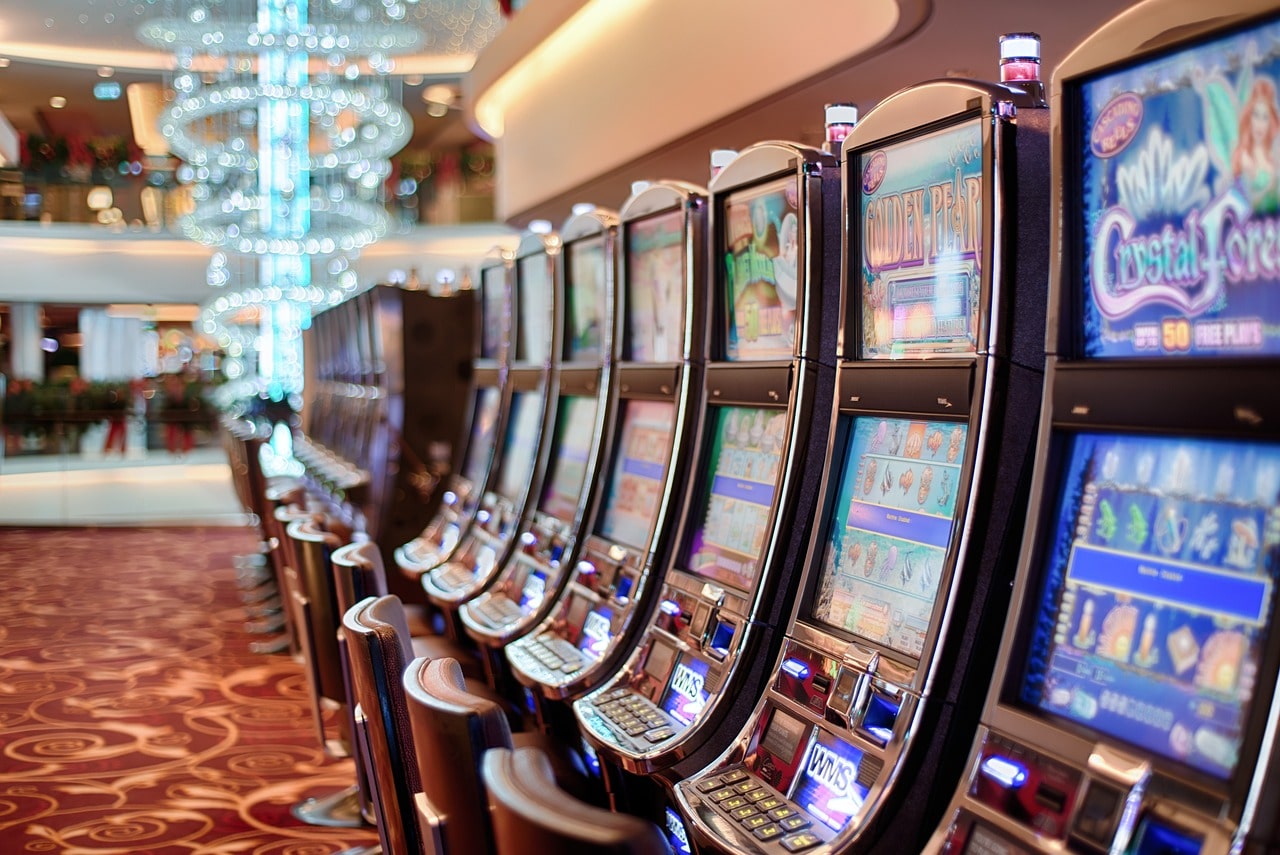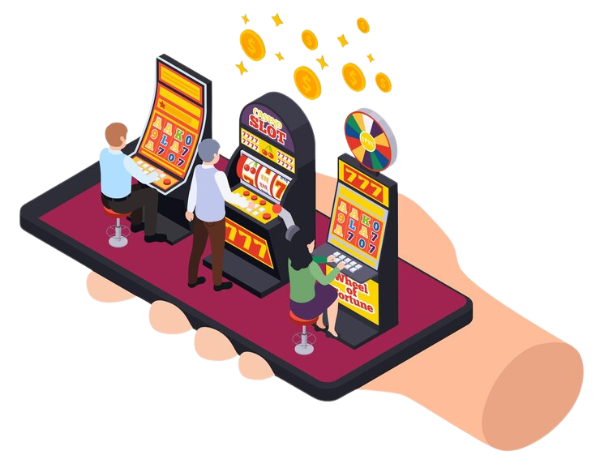Playing slot machines can be an entertaining experience, especially if you hit a winning streak. However, a common query that arises among many players is whether it’s advantageous to continue playing on the same slot machine after securing a win, or to switch to another.
This Casino Beasts blog delves into this question and more, providing you with a detailed understanding of slot machine dynamics and debunking several common myths.
Should You Leave a Slot Machine After Winning?
A frequent notion among some players is that after a win, the slot machine is less likely to pay out again for some time. This belief often leads to the question: should one switch to a new slot machine after a win? The answer is rooted in understanding the concept of the ‘gambler’s fallacy’.
The gambler’s fallacy is the misguided belief that past outcomes can influence future results in independent events. When applied to slot machines, it’s the assumption that a potential win or loss will affect the subsequent results. However, the truth is that the results of slot machines are controlled by a complex piece of software known as a Random Number Generator (RNG). Each spin is an independent event, unaffected by any previous or future spins.
Thus, whether you continue playing on the same machine or switch to another after a possible win is entirely a matter of personal preference and has no bearing on future results.
How Many Times Will a Slot Machine Hit The Jackpot?
Another common question is about the frequency of hitting a jackpot on a slot machine. The answer lies in understanding the principle of randomness.
The outcomes of regulated slot machines, including jackpot slots, are governed by RNGs. An RNG is a sophisticated algorithm that generates millions of number sequences every second. The combination of symbols that appears on the reels when they stop spinning is determined by the RNG. This ensures that each spin is entirely random and fair.
Consequently, attempting to predict when a slot machine will hit the jackpot is practically impossible. The frequency of hitting a jackpot varies and is entirely random, making each spin a surprise!
Discover The Best Online Casinos
Browse our list of top-recommended casino sites, read reviews from real players & be the first to get access to the latest casino bonuses
Do Slot Machines Have a Payout Schedule?
It’s a widespread misconception that regulated slot machines operate on a payout schedule or pay out at specific intervals. In reality, the outcome of each spin is determined solely by the RNG and the specific algorithm used by the slot machine.
The RNG operates continuously, generating numerous sequences of numbers even when the machine isn’t being played. When the spin button is pressed, the machine uses the number sequence generated at that moment to determine the outcome.
Therefore, slot machines don’t adhere to any payout schedules or patterns, and each spin is entirely random and independent of the previous or subsequent spins.
How Slot Machines Are Programmed
To further understand the unpredictability of slot machine outcomes, it’s important to delve into their programming. Slot machines are powered by intricate software that ensures the outcomes of spins are random and fair. This software is composed of two main components: operational software and design software.
The operational aspect of slot machines is facilitated by two critical software components: the RNG and the Return to Player (RTP) rate. The RNG, as explained earlier, is responsible for generating number sequences that determine the outcome of each spin.
On the other hand, the RTP is the theoretical percentage of all bets placed on the machine that could be paid out to players over time. For instance, if a slot machine has an RTP of 95%, it implies that, on average, players might win £95 for every £100 wagered. However, as slot machines are games of chance, nothing can ever be guaranteed.
Is It Better To Stay On The Same Slot Machine Or Move Around?
A common query among many players is whether it’s better to stick to the same slot machine or to switch machines regularly. The answer, as before, lies in personal preference and understanding the randomness of slot machines.
Each spin on a slot machine is an independent event, unaffected by the results of previous spins. Therefore, staying on the same machine or moving around will not influence the outcomes. If you’re enjoying a particular slot machine, there’s no harm in continuing to play on it. Conversely, if you wish to experiment with different games or RTP rates, moving around may also be a good idea.
Can Casinos Control Slot Machines & Change Payouts?
A popular myth is that casinos can control slot machines and manipulate their payouts. However, in regulated and reputable casinos, this is not the case.
Slot machines are governed by RNGs that operate independently of the casino. The RTP of a slot machine is determined by the game provider, and casinos must adhere to the RTP range set by the developer. Any manipulation of the slot machine payouts is illegal and could lead to severe penalties, including hefty fines and potential revocation of the casino’s operating licence.
When To Switch Slot Machines
While switching slot machines doesn’t impact your chances of winning, there are some legitimate reasons why you might choose to do so.
Perhaps you want to try a new game, a slot with a different theme, or one with a different RTP rate. Maybe you’re simply not enjoying the current game, or you’ve reached your budget limit on that machine. As long as you remember that each spin is independent and the outcome is always random, feel free to switch machines as you please.
Conclusion
In conclusion, the decision to continue playing on the same slot machine or to switch after a possible win is entirely personal and should be based on your enjoyment of the game. Remember that all slot machines, regardless of type or location, operate on RNGs, making their outcomes entirely random and unpredictable. The key is to enjoy the gaming experience, manage your budget wisely, and always gamble responsibly.





